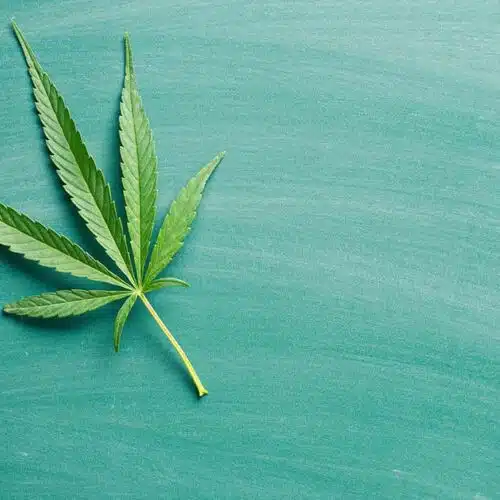Misunderstood- Marijuana
Seven Myths About Marijuana Debunked- With the legalization of marijuana for recreational use in Colorado, Washington State, Oregon, Alaska and the District of Columbia, the spotlight has turned brighter than ever on the cannabis plant. Even after all this time, misconceptions continue to abound about its properties and effects. Thankfully, CBS News recently highlighted—and debunked—seven of the most pernicious misunderstandings:
- Myth: Pot is a “gateway” drug. Despite anti-drug education campaigns that state marijuana is a gateway for harder drug use, recent research from the University of New Hampshire says for most people that’s not true.
- Myth: Pot can make you crazy. Not according to the scientific literature. The National Institute on Drug Abuse says that although depression, anxiety, and personality disturbances are linked with chronic use, it is not clear whether pot causes those problems or is used to “self-medicate” against them.
- Myth: Pot is great for glaucoma. The American Academy of Ophthalmology says there is no reason to believe that marijuana is any better at treating glaucoma than FDA-approved medication.
- Myth: Pot harms your lungs. A large study in 2006 found no link between weed and lung cancer—this to the surprise of the UCLA research team, whose members expected to find a correlation.
- Myth: Pot is not addictive. Marijuana may not be physically addictive like nicotine, but many experts agree that it can become a habit that’s very hard to break, especially after long-term use.
- Myth: Pot definitely destroys the immune system. The jury is still out on whether or not marijuana impairs the immune system. According to the National Institutes of Health, research shows marijuana has a negative effect on various immune cells, but there are no human studies to date that connect that effect with increased infection.
- Myth: Federal policy change is inevitable. Even though the American Medical Association announced in 2009 that the federal government should consider reclassifying weed, it is still a Schedule 1 controlled substance—in the same category as heroin.
Getting the facts straight are important not only in terms of how marijuana affects us physically, but also how it can be sold—and the ways in which various laws impact this. Keeping up-to-date on the legal aspects of the marijuana business is therefore critical.
“On a topic as historically controversial as marijuana, it can be hard to separate facts from fantasy,” says Marc J. Ross, Esq., founding member of the boutique securities law firm Sichenzia Ross Friedman Ference LLP. In January 2015, Ross will begin teaching a course titled “Business and Law of Marijuana” at Hofstra University School of Law introducing students to the rapidly developing legal questions encountered in the operation of marijuana-related businesses.
“However, it is imperative that anyone interested in getting into the business of marijuana sales has a clear conception of the legal context,” Ross continues. “Knowing how the law impacts the business is a prerequisite for anyone who hopes to do well in this field.”
(DGIwire)


